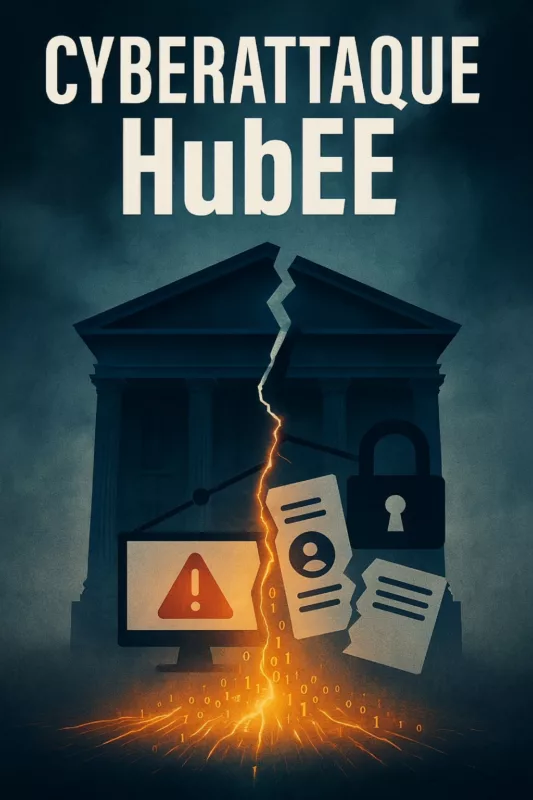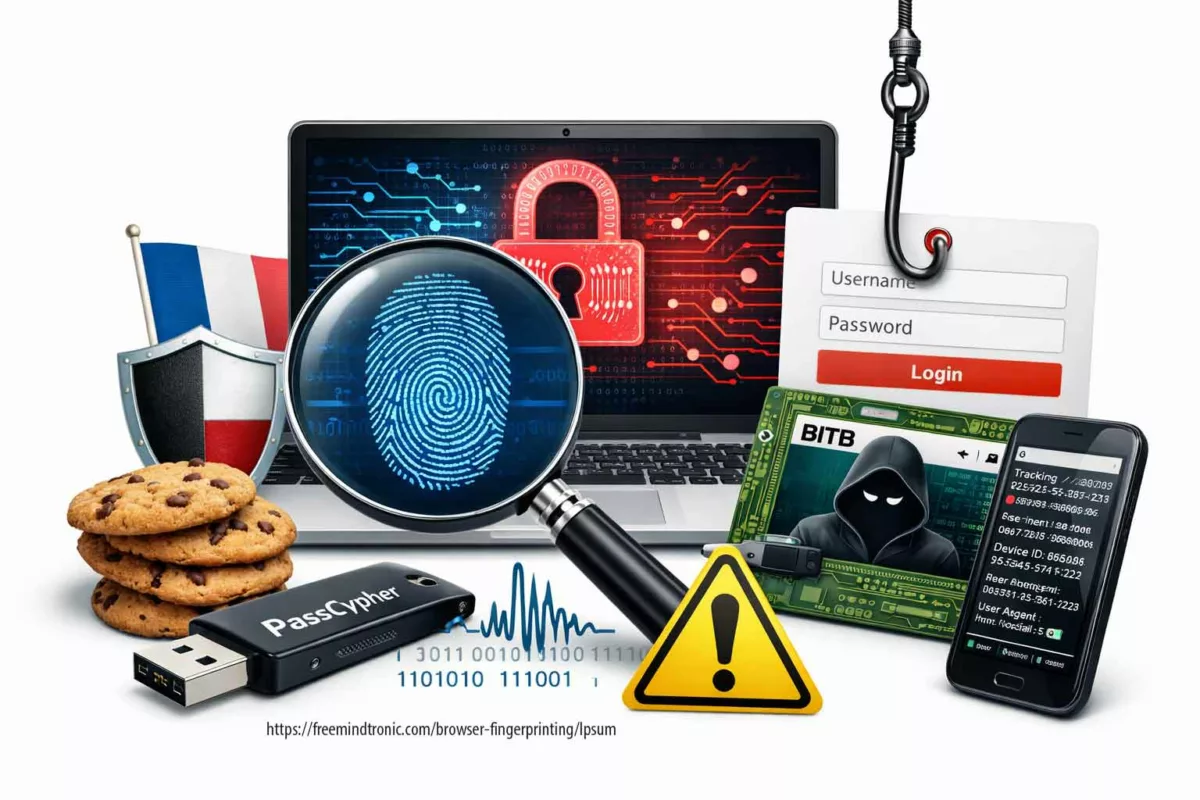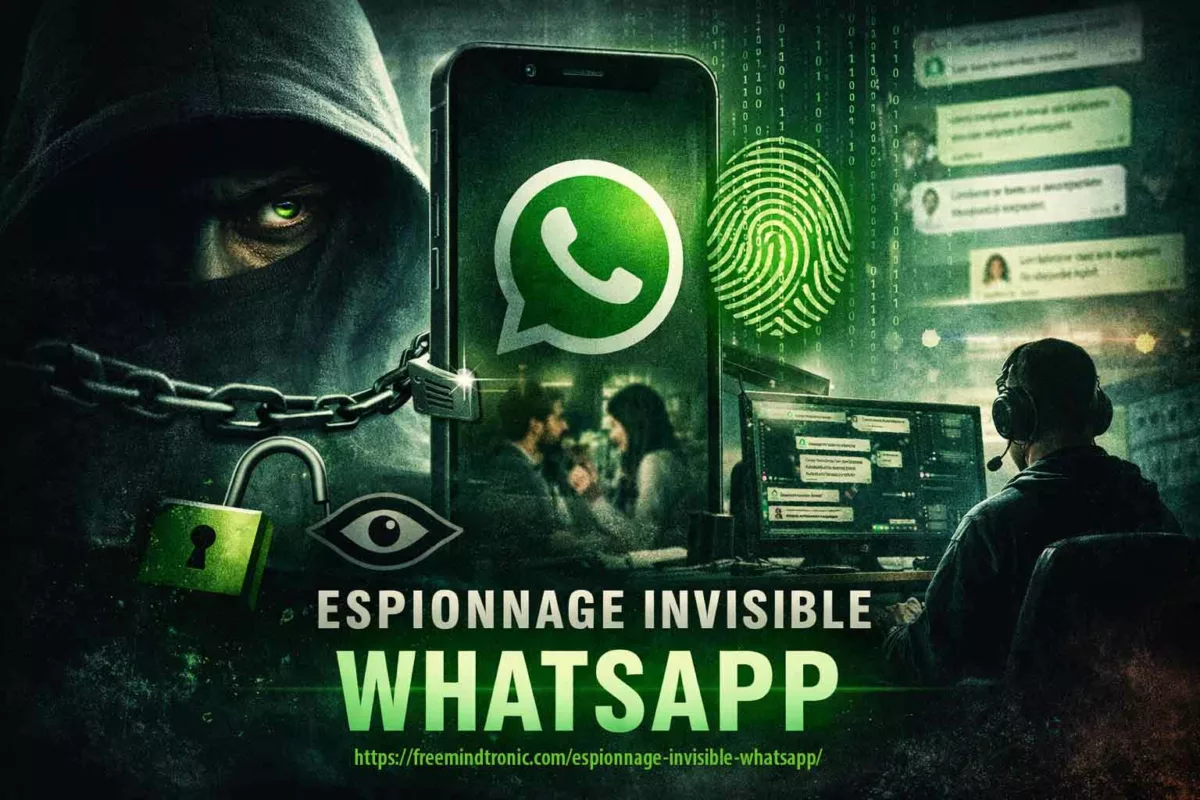Ivanti Patches Two Critical Zero-Day Vulnerabilities, One Under Active Attack
Ivanti, a leader in endpoint and network management solutions, has patched two critical zero-day vulnerabilities, one of which was actively exploited by cybercriminals. Learn more about these vulnerabilities and how to protect your organization.
This sentence is under a slider that shows similar topics on the zero day.
What are Zero-Day Flaws and Why are They Dangerous?
A zero-day flaw is a previously unknown vulnerability in software that hackers can exploit before the vendor becomes aware and devises a patch. These vulnerabilities are particularly perilous because there is no existing defense against their exploitation. Cybercriminals can use zero-day flaws to launch sophisticated cyberattacks, leading to unauthorized data access, system damage, and widespread security breaches.
Ivanti’s Two Zero-Day Vulnerabilities: CVE-2024-21888 and CVE-2024-21893
Ivanti’s announcement highlights two specific vulnerabilities:
- CVE-2024-21888: This is a critical privilege escalation vulnerability found in the web components of Ivanti Connect Secure and Policy Secure (versions 9.x, 22.x). It allows malicious users to gain administrator privileges, thereby obtaining the ability to alter system configurations, access restricted data, and potentially introduce further malicious code into the network infrastructure.
- CVE-2024-21893: Identified as a server-side request forgery (SSRF) flaw within the SAML component of Ivanti Connect Secure, Policy Secure (versions 9.x, 22.x), and Ivanti Neurons for ZTA, this vulnerability enables attackers to bypass authentication mechanisms to access restricted resources. This flaw is particularly concerning due to its active exploitation, which suggests a targeted approach by cybercriminals to leverage this vulnerability for malicious purposes.
Ivanti has acknowledged the targeted exploitation of CVE-2024-21893 and expressed concerns over the potential for increased malicious activities following the public disclosure of these vulnerabilities.
How to Protect Your Organization from Ivanti’s Zero-Day Flaws
In response to the discovery of these vulnerabilities, Ivanti has taken swift action by releasing patches for the affected products, including specific versions of Connect Secure and ZTA. The company strongly advises a precautionary factory reset of devices before applying the patches to eliminate any lingering threats from the system. Additionally, Ivanti recommends importing a mitigation file named “mitigation.release.20240126.5.xml” as a temporary countermeasure against these vulnerabilities.
To safeguard against these vulnerabilities, organizations are urged to apply Ivanti’s patches immediately, conduct a factory reset of devices prior to patching, and adopt a proactive cybersecurity posture. This includes regular software updates, comprehensive user education on cybersecurity best practices, and the implementation of robust security measures such as firewalls, intrusion detection systems, and regular security audits.
The Impact of Ivanti’s Zero-Day Flaws on the Cybersecurity Landscape
Since the beginning of 2024, the cybersecurity community has witnessed the disclosure of six zero-day vulnerabilities within Ivanti’s product lineup, with half of them being actively exploited. A study conducted by Volexity found that more than 1,700 Ivanti devices have been compromised worldwide, including nearly 100 in France. These attacks have affected organizations from all sectors, including government agencies, Fortune 500 companies and cloud service providers .
CISA Issues Emergency Directive for Federal Agencies
The US Cybersecurity and Infrastructure Security Agency (CISA) issued an emergency directive. It requires all federal agencies to apply Ivanti’s patches and mitigations, and report any compromise to the CISA. This directive is important because it shows the urgency and the severity of the situation, and its implications for the national and international security.
Mandiant Identifies Bypass Technique and Webshell Deployment
Mandiant, a cybersecurity firm, has identified a technique that bypasses the mitigation file and allows the deployment of a custom webshell named BUSHWALK. This webshell works by injecting malicious code into the legitimate web pages of Ivanti devices, and allows the attackers to execute commands and access files on the compromised systems. Mandiant has provided a detailed description of how this webshell works, how to detect it, and how to remove it. Mandiant has also clarified that this technique is distinct from the mass exploitation that followed the disclosure of the vulnerabilities.
UNC5221: The Threat Group Behind the Targeted Exploitation
Mandiant has also attributed the exploitation of the Ivanti zero-day flaws to a threat group named UNC5221, suspected to be linked to China. This group has targeted organizations from various sectors, including government agencies, Fortune 500 companies and cloud service providers . Mandiant has also revealed the tools and the malware used by this group, such as BUSHWALK, BLOODHOUND, CHOPSTICK and SLIGHTPULSE. These tools and malware are designed to perform reconnaissance, lateral movement, credential theft and data exfiltration on the compromised networks.
The Number of Victims and the Potential Consequences
According to the latest reports from Volexity and Mandiant, more than 1,700 Ivanti devices have been compromised worldwide, including nearly 100 in France. The sectors most affected by these intrusions include government, finance, healthcare, education, and technology. The potential consequences of these intrusions include unauthorized data access, system encryption by ransomware, installation of backdoors for persistent access, and execution of malicious code. Such incidents can lead to significant financial losses, reputational damage, operational disruptions, and legal implications for the affected organizations.
EviCypher and EviPass: Innovative Technologies to Protect Yourself from the Zero-Day Flaws
Facing the threat of the Ivanti zero-day flaws, there are innovative solutions to protect yourself effectively. These are the EviCypher and EviPass technologies, developed by Freemindtronic, a company specialized in pocket cybersecurity.
EviCypher is a NFC device that allows you to encrypt and decrypt messages securely and anonymously. You just need to slide your EviCypher card behind your smartphone for the message to be encrypted or decrypted. The system uses individual encryption keys, stored offline, in a non-volatile and physically secure memory. Thus, even if the message is intercepted by an attacker who exploits an Ivanti zero-day flaw, he will not be able to read it without the corresponding key.
EviPass is a mobile application that allows you to manage your passwords and credentials securely and conveniently. You just need to scan your EviPass card with your smartphone to access your online accounts. The application uses an OpenPGP encryption algorithm, based on public and private keys. The private keys are stored offline, in a non-volatile and physically secure memory. Thus, even if an attacker manages to access a compromised Ivanti device, he will not be able to steal the passwords and credentials without the EviPass card.
These two solutions offer a high level of security, based on the principle of “Air Gap”, which consists of creating a physical and digital barrier between the data and the attackers. They are also easy to use, without requiring any specific knowledge in cybersecurity. They are compatible with all digital communication systems, including those that use Ivanti products. They are protected by international patents, and manufactured in Andorra by Freemindtronic.
EviPass NFC NFC and EviPass HSM PGP: Freemindtronic’s Technologies for Password Management
EviPass NFC NFC and EviPass HSM PGP are two technologies developed by Freemindtronic for password management. EviPass NFC NFC is a technology that uses NFC cards to store and access passwords and credentials. EviPass HSM PGP is a technology that uses hardware security modules (HSM) to store and access passwords and credentials using the OpenPGP encryption algorithm. Both technologies are integrated into the EviPass mobile application, which allows users to manage their passwords and credentials securely and conveniently.
EviCypher NFC HSM and EviCypher HSM PGP: Freemindtronic’s Technologies for Message Encryption
EviCypher NFC HSM and EviCypher HSM PGP are two technologies developed by Freemindtronic for message encryption. EviCypher NFC HSM is a technology that uses NFC cards and hardware security modules (HSM) to encrypt and decrypt messages. EviCypher HSM PGP is a technology that uses hardware security modules (HSM) to encrypt and decrypt messages using the OpenPGP encryption algorithm. Both technologies are integrated into the EviCypher NFC device, which allows users to encrypt and decrypt messages securely and anonymously.
PassCypher and DataShielder: Freemindtronic’s Products that Incorporate EviCypher and EviPass Technologies
PassCypher and DataShielder are two products designed and manufactured by Freemindtronic that incorporate the EviCypher and EviPass technologies. PassCypher is a NFC device that connects to your smartphone or computer and allows you to access your online accounts using the EviPass technology. DataShielder is a NFC device that connects to your smartphone or computer and allows you to encrypt and decrypt messages using the EviCypher technology. With these products, you can benefit from the EviCypher and EviPass technology to protect your passwords, credentials and messages.
To learn more about these solutions, you can visit the Freemindtronic website or the Codeur blog, which present the features and benefits of EviCypher and EviPass.
Conclusion
In conclusion, the Ivanti zero-day flaws are dangerous vulnerabilities that can compromise the security and confidentiality of the users’ data. It is therefore important to protect yourself effectively against these flaws, by applying the patches provided by Ivanti, following the cybersecurity recommendations, and using innovative solutions like EviCypher and EviPass, developed by Freemindtronic. These solutions are integrated into innovative products, designed and manufactured in Andorra. Don’t wait any longer to protect yourself from the Ivanti zero-day flaws, and discover the EviCypher and EviPass solutions from Freemindtronic. What are your impressions on these products? Let us know in the comments below.








